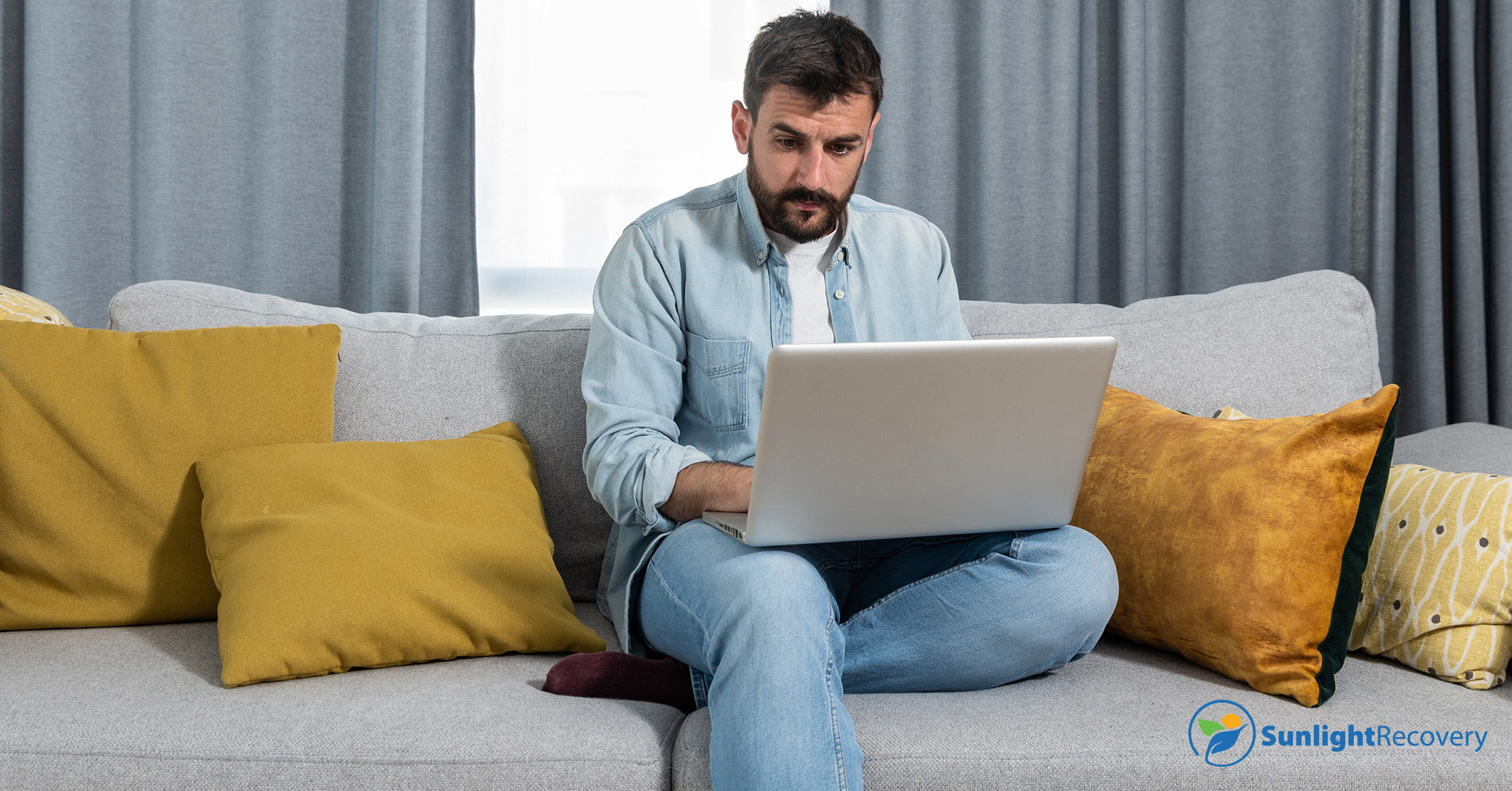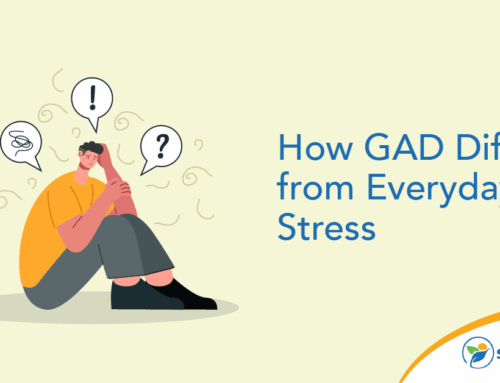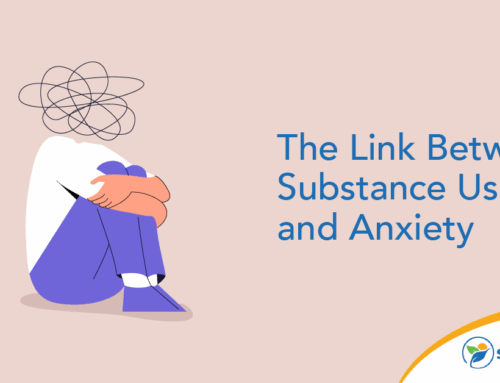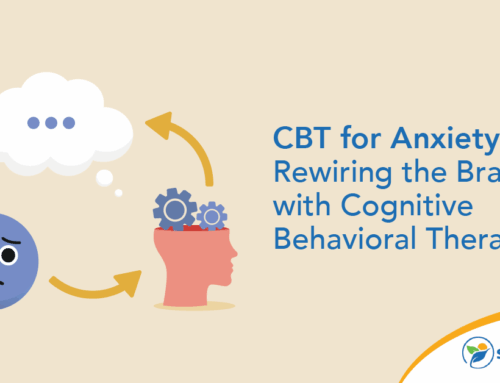Whether you’re treating a mental health condition, an addiction or a physical health problem, the aftercare plan can be just as important as active treatment. Some people have trouble sticking to their aftercare plans because they believe they don’t need to do any more work once they’re fully recovered. But aftercare is essential to staying healthy for the long term. One of the best ways to ensure you stick to aftercare is by opting for remote options that make therapy accessible, easy to schedule and affordable. Let’s take a close look at the positive impact of teletherapy in aftercare.
Virtual Therapy Benefits
Virtual therapy has slowly grown in popularity for many years, but it was the COVID-19 pandemic that really gave the movement traction. People realized that accessing a therapist remotely was just as effective as having an in-person appointment. Everyone started to see what teletherapy has to offer.
Some of the benefits of virtual therapy are:
- Enhancing accessibility. Individuals living in densely populated cities often have access to many therapists. But for those in smaller cities and towns, finding a therapist close by can be challenging. This means you may have to drive far for your appointment, making you less likely to go. Additionally, you might not connect with the limited therapists in your area, which can also make therapy feel less than motivating.
- Effectiveness. Some worry that teletherapy will be less impactful than in-person appointments. However, the majority of people report that it works very well for them. Forbes Health and YouGov surveyed 1,200 U.S. adults and found that 63% of participants reported finding teletherapy to be effective.
- Ease of use. Continuity of care is critical. If a patient enters a treatment program, they must continue post-treatment mental health support to stay on track. Offering remote therapy for continuity of care is the most straightforward scenario for many people. They have fewer excuses for not following through because they don’t have to drive to appointments. Additionally, they have more flexibility in scheduling an appointment time that fits their schedule.
- Affordability. Often, teletherapy is cheaper than in-person counseling appointments.
- Shame-free. There’s still some stigma surrounding seeking mental health care. Some people may feel uncomfortable or embarrassed walking into a counselor’s office. Teletherapy allows people to take appointments from the privacy of their own home.
Challenges in Teletherapy Aftercare
Teletherapy is a relatively new approach, and there are some notable challenges.
- Developing a connection can be more challenging. A patient-and-client relationship works best when the patient feels their therapist is nonjudgmental, caring and supportive. It can be hard to get to this trusting place through a screen.
- Missed nonverbal cues. A counselor pays particular attention to nonverbal cues, as these can tell a lot about how a person feels. Unfortunately, nonverbal cues can be much harder to pick up through a screen or phone.
- Technological challenges. Using teletherapy, especially via a new platform, can be challenging for both the practitioner and patients. Some technologically challenged patients may find the experience too frustrating or intimidating to keep up with it.
- Requires connectivity. Teletherapy requires a strong connection for the video call or phone call. If someone can’t afford or doesn’t have access to a good network, they may be unable to take advantage of teletherapy options.
Teletherapy in Aftercare: How Does It Work?
Teletherapy in aftercare is relatively straightforward. After completing a treatment program, a patient finds a virtual therapist and engages in regular, one-on-one appointments via phone or video call. This therapist helps the patient deal with the aftermath of coming out of their treatment and maintaining a healthy mindset when back in the “real world.”
Sometimes, the patient may continue to see a therapist they had at their rehabilitation center. Other times, the therapist is a new connection but is brought up to speed on the patient’s recent recovery journey.
In addition to teletherapy, other types of online therapy can help individuals in their aftercare plans:
- Virtual group meetings, such as Alcoholics Anonymous, can be a remote way to seek help post-treatment.
- Online support groups can be an excellent place for people to connect virtually. For example, individuals struggling with PTSD may feel more comfortable anonymously sharing their experiences online and relating to others in a PTSD support group.
- Mental health apps can offer a variety of resources for individuals who want to learn more about conditions and find strategies for treatment.
How to Incorporate Teletherapy Into Aftercare Strategies
An aftercare plan is vital so that a counselor can monitor and support the patient as they transition to life post-treatment. A therapist can intervene or help out if the patient is showing signs of relapse and help them learn how to cope with real-world challenges.
However, an aftercare plan can only be effective if the patient is fully onboard. Individuals choosing teletherapy for their aftercare should commit to a specific schedule and attend sessions ready to do the work. Teletherapy can’t be viewed as an “easier” or “lighter” version of therapy. The sessions will be just as helpful and challenging as an in-person meeting.
Is Teletherapy Right for My Aftercare Plan?
Teletherapy is an excellent choice for aftercare, but it might not be the right decision for everyone. Only explore teletherapy as an option if:
- You believe you’ll be just as committed to your teletherapy sessions as to in-person sessions.
- You have access to a strong network.
- You have a safe space where you can take your virtual meetings privately.
- You believe you can connect with a therapist virtually.
- You’re not at an extreme risk of relapse.
If the above describes you, give teletherapy a try for your aftercare plan! You may find it suits your needs, fits your schedule comfortably and saves you money.
Sunlight Recovery
Before you get to your aftercare plan, you must ensure you receive the treatment you need. At Sunlight Recovery, we know a better life is waiting for you. Our facility offers a variety of programs to treat addiction and mental health conditions. Contact us today to discover how we can help you move toward recovery.







